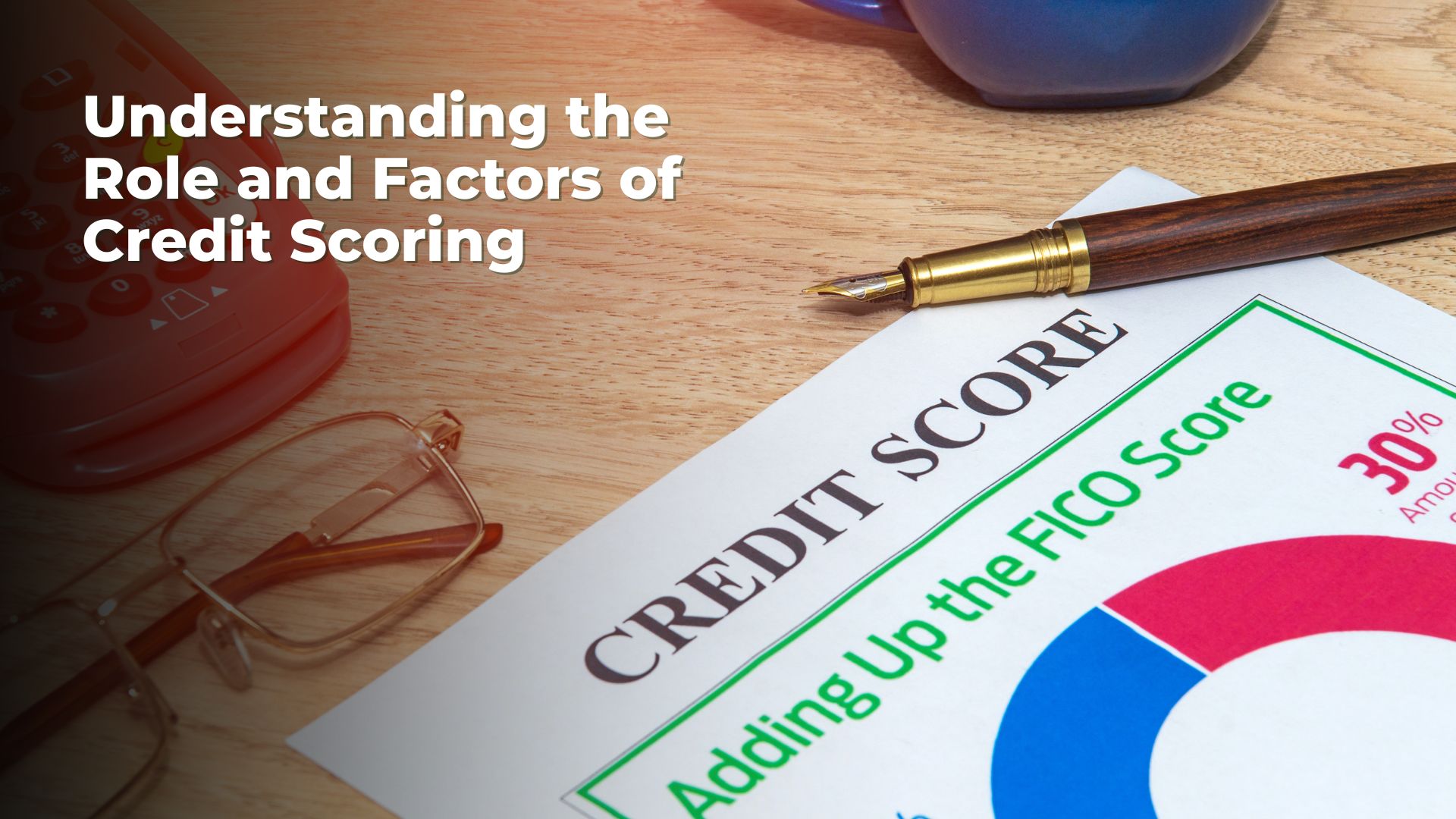

Have you received a letter demanding payment for a debt you barely remember or don't even recognize? You're not alone. A recent study by the American Bankruptcy Institute found that 35% of Americans have to deal with debt collector claims. Your response matters more than you think whether the debt is valid or not.
Receiving a debt collection letter can be intimidating, particularly if you don't know what to do or your rights. However, you can take charge of the issue, avoid mistakes, and even protect your credit if you have the correct details and a well-written response. In this article, we'll look into everything from understanding your options to using templates that work.
A debt collection letter is a formal request for payment for an unpaid debt sent by a creditor or a third-party collection agency. Typically, it contains the amount owing, the original creditor's name, and a response or payment deadline.
These letters are often sent after a bill is unpaid for 60 to 180 days. It could relate to credit cards, medical bills, personal loans, or utility payments. If you respond wisely, federal law grants you rights regardless of whether the debt is new or sold to a collection agency.
Pro Tip: Never disregard a letter from a debt collector. Negative entries on your credit record or legal action may result from your failure to reply, even if it was an error.
Let's explore what those legal rights are and how they protect you.
Federal legislation known as the Fair Debt Collection Practices Act (FDCPA) regulates when debt collectors can contact you and what they can say. This regulation, which the Federal Trade Commission enforces, provides consumers with specific protections when interacting with third-party debt collectors.
Key rights include:
This rule also forbids debt collectors from discussing your debt with anybody outside you and your attorney.

For instance, you have the legal right to ask that all communications cease if a collector calls you late at night or work, and they must abide by your request.
Understanding these rights is your first line of defense; now, let's break down the best ways to use them when crafting your response.
Receiving a debt collection letter can be stressful, but taking rash action before fully considering your choices can cause more harm. Here's how to handle the situation step by step:
Start by thoroughly reading the letter. Pay close attention to important elements, including your personal information, the creditor's name, and the amount of the debt. Make sure the letter is addressed to you, and check for any errors or inaccuracies that could indicate the debt isn't legitimate.
States have different rules regarding debt collection, and statutes of limitations often range from 3 to 6 years. Collectors may still contact you if the debt is past the statute of limitations, but they cannot file a lawsuit against you. To save unnecessary stress, knowing whether the debt is time-barred is essential.
Pro Tip: The statute of limitations may reset if you acknowledge the debt or make a partial payment. Always confirm the last date the debt was active before making any move.
Once you've verified the debt and checked the statute of limitations, decide your course of action. You may dispute the debt, request verification, propose a payment schedule, or seek legal advice. The next steps you take will depend on your assessment of the debt and your financial situation.
Let's now explore practical response templates that will assist you in creating a concise and impactful response.
Replying correctly to a debt collection letter is essential to protect your rights. Depending on your situation, you can use the templates below to interact with debt collectors clearly and lawfully.
If the debt is legitimate and you're willing to make payments, this template can help you propose a manageable plan:
Dear [Collector's Name],
I acknowledge the debt of [$Amount] owed to [Creditor Name]. I would like to propose a monthly payment plan of [$Amount] starting on [Date]. Please confirm if this is acceptable and send the necessary agreement details in writing.
Sincerely,
[Your Name]
Pro Tip: Don't transfer money unless you have a signed contract outlining the conditions and ensuring there won't be any extra charges.
You can contest the debt if you think it is incorrect or not yours. Here's how to submit a validation request:
Dear [Collector's Name],
I am writing to dispute the debt referenced in your letter dated [Date]. Under the Fair Debt Collection Practices Act (FDCPA), I request that you provide validation of the debt, including the name of the original creditor, the amount owed, and supporting documentation.
Sincerely,
[Your Name]
If you would like to confirm the information before acknowledging the debt or making any payments, use this request for proof:
Dear [Collector's Name],
I request written verification of the alleged debt, including a copy of the original agreement and a breakdown of all charges. Please consider this letter as my formal request under the FDCPA for debt validation.
Sincerely,
[Your Name]
If you want to stop all communication from the debt collector, you can use this letter to request that they cease contact formally:
Dear [Collector's Name],
Pursuant to my rights under the FDCPA, I request that you cease all further communication with me regarding the alleged debt. Failure to comply with this request may be considered a violation of the FDCPA.
Sincerely,
[Your Name]
Although these templates can be a good starting point, remember that personalizing your response will guarantee that it is relevant to your situation. In the following section, let's explore how to modify these templates without making any legal missteps.
Although templates offer a helpful place to start, it's essential to personalize your response to your circumstances. Whether you're requesting more information, disputing the debt, or recognizing it, your final response should consider your specific circumstances. Here are a few tips to ensure your letter is both practical and legally sound:
Always be honest about the situation, whether denying the claim, confirming a debt, or suggesting a payment schedule. Mention what you can afford if you can't pay the entire amount at once. If you contest the debt, explain your position in detail.
Your letter should be formal but courteous. Avoid charges and emotional language since these could undermine your case. The goal is to seem assertive and professional without sounding combative.
Be careful to include every relevant detail in your response. This guarantees that your mail is processed promptly and helps to prevent confusion:
Example: Let’s say you’re disputing a debt because the amount seems incorrect. Your response could look something like this:
Dear [Collector’s Name],
I am writing to dispute the debt referenced in your letter dated [Date], with reference number [Debt Reference Number]. I believe the amount listed as [$Amount] is inaccurate, as it does not align with my records. I request verification of this debt, including the original creditor's name and a detailed breakdown of all charges associated with this claim.
Please provide this information in writing within the 30-day window specified by the FDCPA.
Sincerely,
[Your Name]
[Your Mailing Address]
Always send your response via certified mail with a request for a return receipt to protect yourself. This ensures you have proof that the letter was sent and that the debt collector received it.
Pro Tip: Sending your letter through certified mail creates a documented trail, which can be crucial if there's ever a dispute over whether you responded.
Knowing how to personalize your response, let's discuss the legal consequences of ignoring a collection letter and the importance of responding promptly.
Although ignoring a debt collection notice can seem like a simple solution, doing so can have major legal repercussions, including lawsuits, wage garnishments, and credit score damage. Even if you believe the debt is questionable, neglecting to address it only increases the risk of escalation.
If you decide to reply, it's important to be truthful and cautious:
What if your business is facing collection challenges? South East Client Services (SECS) specializes in helping companies manage debt collection, ensuring compliance and respectful communication with debtors.
Now that you know the legal factors, let's look into how good communication can protect your interests and assist in resolving the matter.
The way you interact with a debt collector has a direct impact on how your case turns out. To ensure a smooth process and protect your interests, follow these key tips:
Pro Tip: Never give out sensitive financial details, such as your bank account number or set up auto-debits, without a signed repayment agreement in writing.
Services like those offered by SECS help businesses manage debt collection through secure, compliant communication channels, reducing the stress often associated with traditional methods.
After learning to handle communication effectively, let's explore when and why getting professional help might be best.
Certain situations may require expert advice to ensure your rights are fully protected. If you find yourself in any of the following situations, it's advisable to consult a consumer rights attorney or credit counselor:

A licensed credit counselor can help with debt consolidation, repayment plan negotiations, and financial counseling. However, an attorney can defend you in court or protect you from unlawful collecting tactics.
Now that you understand when to seek professional help, let's wrap up everything you've learned and turn it into action.
It takes careful thought and action to reply to a debt collection letter. By understanding your rights under the FDCPA and using clear, well-crafted templates, you can take control of the situation and protect your financial well-being. A prompt and professional response is essential whether you're asking for verification, disputing a debt, or suggesting a payment plan.
South East Client Services (SECS) specializes in helping businesses manage debt collection while ensuring legal compliance and transparent communication. Businesses can confidently manage these problems with the help of their secure online tools and expert support.
Need professional assistance? Contact SECS today, and let us guide you through your debt collection process with ease and expertise.